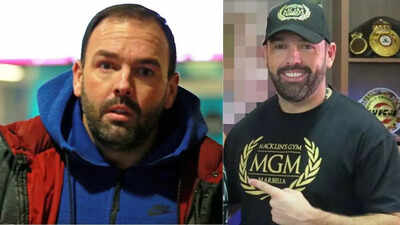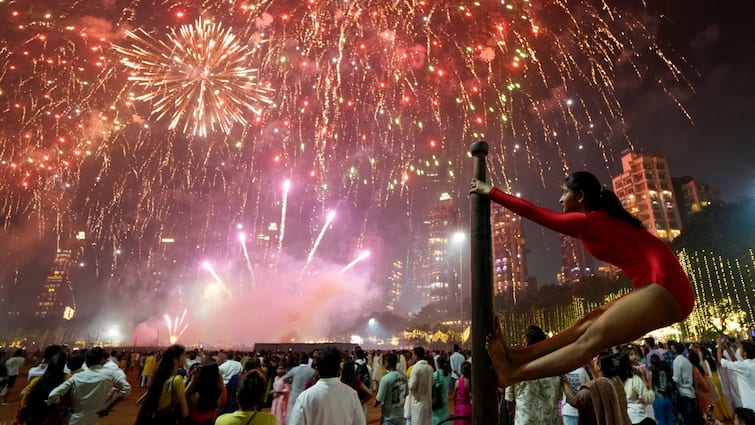Daniel Kinahan’s rise from a rough Dublin neighbourhood to the glittering towers of Dubai is a story that defies belief – a criminal odyssey that has made him one of the most powerful and elusive figures in the global narcotics trade. Once a street-level runner in his father’s heroin network, Kinahan now presides over what European law enforcement calls a “super cartel” – a syndicate so vast it controlled nearly one-third of Europe’s cocaine supply. Yet, despite US sanctions, multi-nation manhunts, and a $5 million reward for his capture, Kinahan remains a free man. He lives in luxury among the world’s rich and powerful, running an empire that blends drugs, boxing, and business beneath the shimmering skyline of Dubai.
From Dublin’s streets to Europe’s underworld
Daniel Kinahan was born into crime. His father, Christy “The Dapper Don” Kinahan, began as a cheque fraudster in 1970s Dublin before moving into heroin trafficking. Christy’s intelligence, linguistic skill, and disciplined manner set him apart from Ireland’s typical street criminals. By the 1980s, he had become a pioneer in importing heroin into Dublin, amassing a fortune and influence that outgrew the city’s modest criminal scene. When police pressure mounted, the elder Kinahan fled Ireland, eventually settling in Amsterdam, where he established ties with major European syndicates and built a multinational narcotics network.Daniel, meanwhile, grew up in the Oliver Bond flats, a notorious Dublin housing project near the Guinness brewery. Despite his mother’s attempts to keep him away from crime – she worked as a cleaner at a police station – Daniel was drawn into his father’s shadowy world. By his late teens, he was moving small drug consignments, learning the trade that would make him rich. Unlike his quieter brother, Christy Jr., who focused on money laundering, Daniel was brash and street-smart – the enforcer, the face of the family. Those who knew him described him as arrogant, ambitious, and obsessed with image.
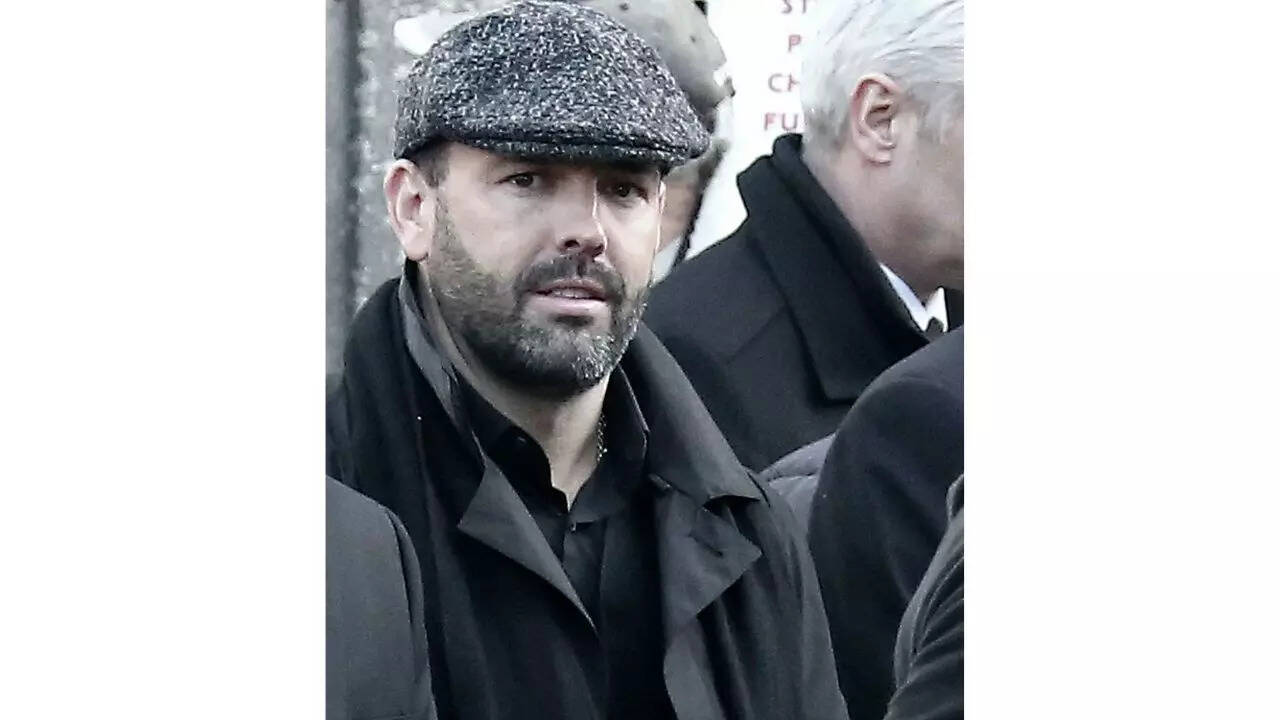
Building an empire on the Costa del Sol
After Christy Sr. was imprisoned in Ireland in the late 1990s, he was transferred to the high-security Portlaoise Prison, where he used his time not to repent but to prepare. He taught himself multiple languages, studied law and economics, and mapped out the next stage of his criminal career. Upon his release in 2001, the Kinahans relocated to Spain’s Costa del Sol, a sun-drenched paradise that had become a hub for Europe’s major traffickers – from Italian Camorra bosses to Dutch and Moroccan drug lords.Here, the Kinahans flourished. Using connections in Morocco, they began smuggling cannabis into Europe, later expanding into cocaine as Colombian cartels sought new markets. Spanish police observed their rise but took little action. The Kinahans were discreet, violent when necessary, but rarely caused local chaos. Behind their Mediterranean villas, they built an empire that laundered hundreds of millions through real estate, shipping firms, and front companies in Belgium, Cyprus, and Ireland.
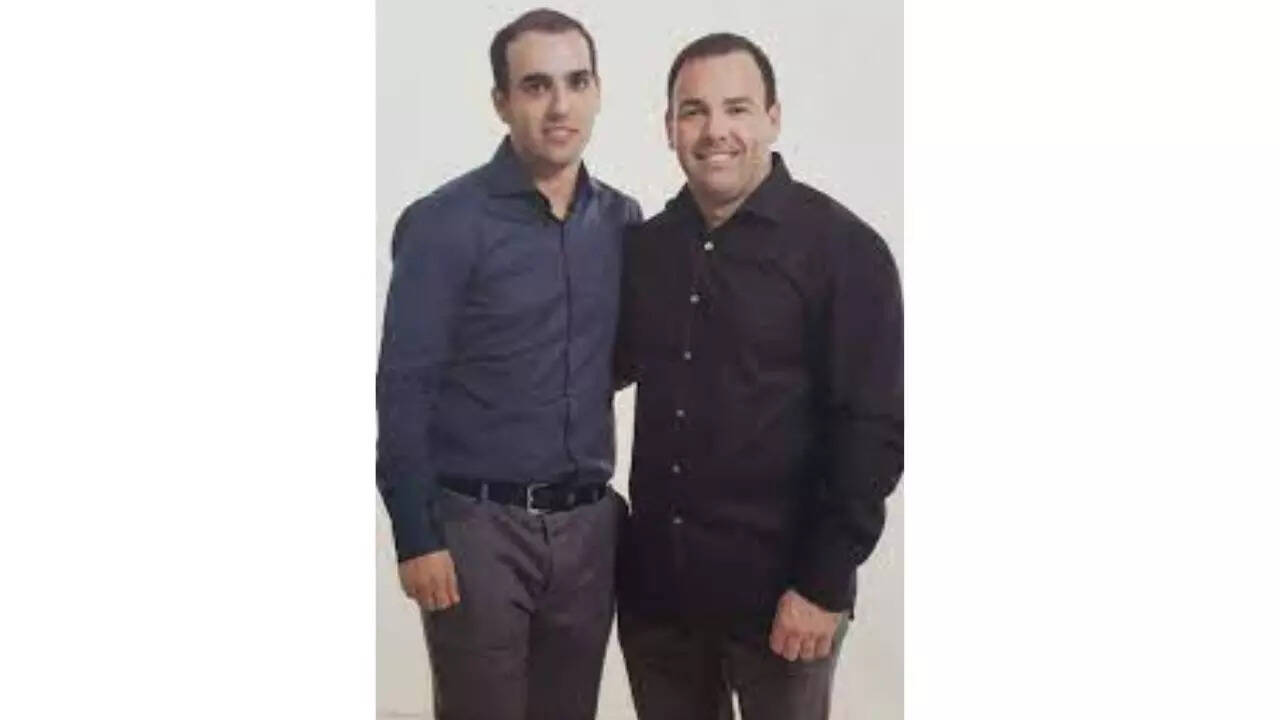
But beneath the sun-soaked calm, rivalries simmered. In 2008, when a bodyguard named Paddy Doyle was assassinated in Spain, the killing set off a wave of violence that drew the attention of international law enforcement. Spain, Ireland, and the UK launched Operation Shovel, raiding Kinahan properties and freezing accounts linked to their network. Though more than 30 associates were arrested, Daniel and his family slipped away, uncharged. The operation revealed a complex organisation that moved tonnes of cocaine from South America to Europe but not enough evidence to put the bosses behind bars.
The birth of the “super cartel”
If Operation Shovel hurt the Kinahans, it also forced them to evolve. Daniel emerged from the shadows as the family’s new frontman, forging alliances with a generation of international traffickers. Among his closest associates were Ridouan Taghi, a Dutch-Moroccan murderer later sentenced to life; Edin Gacanin, a Bosnian-Dutch smuggler; Ricardo Riquelme Vega, a Chilean importer; and Raffaele Imperiale, an Italian dealer tied to the Camorra. Together, they became known to Europol as the Super Cartel – a transnational network that controlled an estimated $20 billion in cocaine sales annually.The group’s relationships were cemented in 2017 at a lavish wedding in Dubai’s Burj Al Arab, where Daniel married Caoimhe Robinson. Guests included boxing champion Tyson Fury and some of the world’s most dangerous criminals. The US Drug Enforcement Administration (DEA) had an informant at the ceremony who filmed the event, helping connect these men as part of one vast enterprise. Within years, most of those present – Taghi, Imperiale, Riquelme, and Gačanin – were arrested and extradited. Only Daniel Kinahan remained free, untouched in Dubai.
Drugs, violence, and Dublin’s blood feud
Back in Ireland, Daniel’s empire fuelled a war that would change Dublin’s criminal landscape. A falling out with the Hutch family, another long-standing Irish gang, erupted into bloodshed in 2015 when Gary Hutch – once Daniel’s ally – was murdered in Spain. In revenge, Hutch gunmen attacked a Kinahan-linked boxing weigh-in at Dublin’s Regency Hotel, firing AK-47s in broad daylight. The target was Daniel himself, who escaped through a window. In response, Kinahan’s men unleashed a campaign of retribution that killed at least 12 people, including innocent bystanders.The violence turned public opinion sharply against the Kinahans and forced Daniel to relocate permanently to Dubai, far from the reach of Irish police. There, he found the perfect sanctuary: a city where money speaks louder than warrants, and where criminals can reinvent themselves as businessmen.
Dubai: a haven for the untouchable
Since moving to the United Arab Emirates, Kinahan has lived an extraordinarily public life. He frequents luxury malls, owns supercars, and resides in exclusive neighbourhoods like Emirates Hills and Palm Jumeirah, where he has bought and sold multimillion-dollar properties. Despite US sanctions and global media scrutiny, he continues to operate businesses under his wife’s and associates’ names, exploiting Dubai’s lax financial regulation and its secretive hawala banking system – an informal network that moves vast sums without leaving a paper trail.Investigators say Dubai’s elite connections shield Kinahan. Former police officers, royal family associates, and local business figures have all reportedly worked with him. Even after the UAE claimed to freeze his assets in 2022, property records showed that his wife sold a villa for $14 million, doubling its value in three years. For all the international pressure, Kinahan remains untouchable – a symbol of how power and money can buy protection in the Gulf’s gilded oasis.
The boxing connection
If cocaine built Daniel Kinahan’s wealth, boxing built his reputation. Through the gym M.T.K. Global, founded with British boxer Matthew Macklin in Marbella, Kinahan entered the legitimate sports world. His management firm soon represented dozens of fighters, including Tyson Fury, Billy Joe Saunders, and Amir Khan. The brand gave Kinahan a veneer of respectability, even as journalists and investigators accused him of using boxing to launder money and expand his influence.
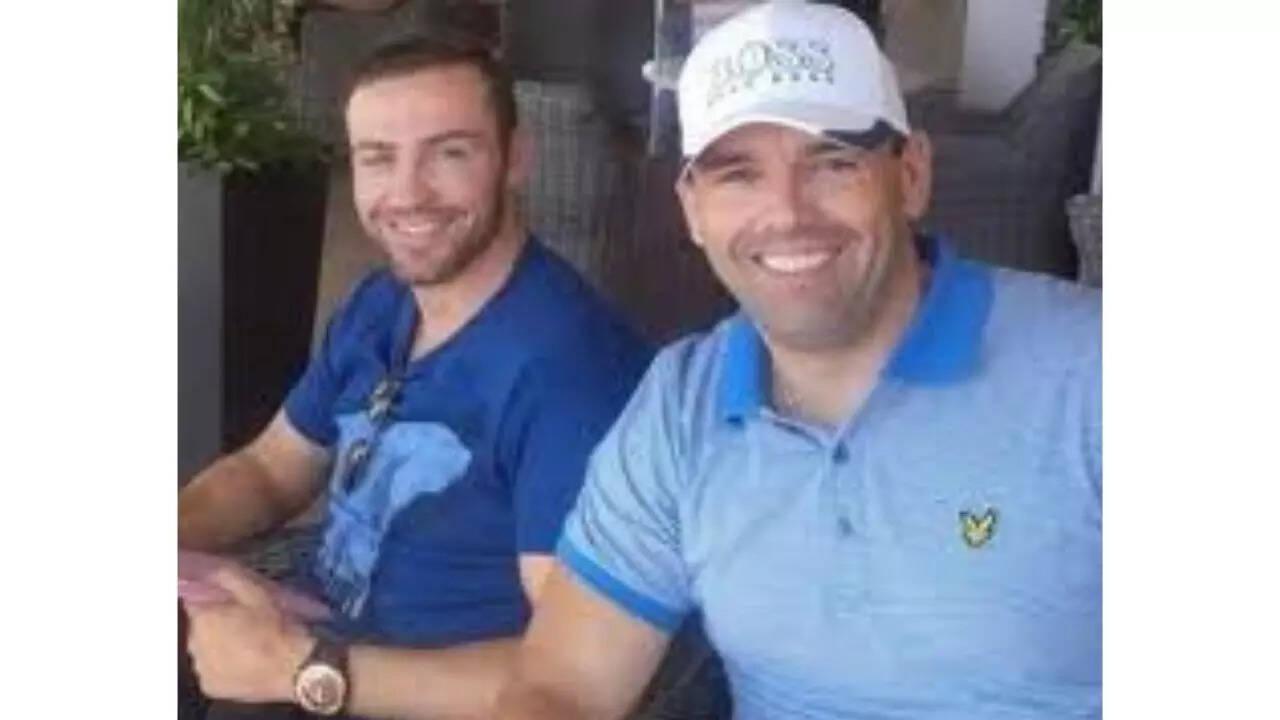
In 2020, Fury publicly thanked “Dan Kinahan” for brokering a heavyweight championship deal – a move that triggered global outrage and forced M.T.K. to claim that Kinahan had “cut ties” with the company. Behind the scenes, however, he continued to broker multimillion-dollar fights, allegedly earning secret percentages from purses. When the US sanctioned him in 2022, M.T.K. Global abruptly shut down. But his influence lingered through proxy organisations like Probellum, which represented many of his former fighters until it, too, dissolved under pressure.
Laundering money and power
For years, the Kinahan network has operated through a sophisticated web of shell companies. Their ventures range from real estate and shipping to crypto investments, blurring the lines between legitimate business and organised crime. They’ve used everything from food import firms to aviation companies to hide cash flows. In one case, Christy Kinahan Sr. tried to purchase military aircraft through intermediaries in Egypt – a move investigators believe may have been linked to money laundering or arms trading.Europol and the US Treasury describe the Kinahans as a global criminal brand, comparable to the Yakuza or Russia’s Thieves in Law. Yet even with international cooperation, the family has proven resilient. They’ve adapted to every law enforcement breakthrough, from encrypted phone seizures to extradition treaties. When European authorities infiltrated the EncroChat and Sky ECC networks – used by drug traffickers to coordinate shipments – investigators found detailed communications from Kinahan’s lieutenants, but never from Daniel himself. He had no phone, no trace, only intermediaries who met him twice a week to relay messages.
The facade of reform
In recent years, Daniel Kinahan has attempted to recast himself as a businessman wronged by the press. He’s financed documentaries and podcasts that portray him as a misunderstood entrepreneur. One 2020 short film, Regency: Discover the Truth (Daniel Kinahan), attempted to rewrite history, claiming the 2016 Dublin shooting was a police conspiracy. It was swiftly removed from YouTube. Another podcast interview never aired due to “legal issues”. The world, however, wasn’t convinced – least of all the US government, which continues to offer millions for his capture.Meanwhile, his father’s digital footprint offers glimpses into their arrogance. Christy Sr., now in his late sixties, left glowing Google reviews of Dubai cafes and European hotels, even while under sanctions. One such review read simply: “Excellent trip with friends, caught a cart load of fish.” For a man accused of running one of the world’s largest narcotics networks, it was an almost comical reminder of his freedom.
Why no one can touch him
Dubai’s appeal for criminals like Kinahan lies in its contradictions. The city projects an image of modern order and luxury, yet its financial system remains opaque. The UAE has long resisted extradition requests from Western nations, particularly for non-violent offences. Unless a crime threatens tourism or domestic security, fugitives can live comfortably, provided they bring money. As former FBI agent Karen Greenaway noted, “Dubai doesn’t care who you are, as long as you’re not committing crimes there.”While Europe and the US continue to pressure the Emirates to act, the Kinahans exploit every loophole. Their political connections, vast cash reserves, and network of shell companies ensure that any sanctions have limited bite. For now, Daniel remains what he has always been – a ghost in plain sight, powerful enough to move billions, invisible enough to avoid a cell.
The last man standing
Today, nearly every major member of the Super Cartel is behind bars. Ridouan Taghi serves life in a Dutch prison; Imperiale is jailed in Italy; Gačanin and Riquelme are convicted traffickers. Yet Daniel Kinahan continues to wake up under the desert sun, far from Ireland’s rain or the chaos his empire caused. He is, in the words of one former DEA agent, “the last man standing”.But even empires built on wealth and fear are not immortal. The international pressure is growing, and Dubai’s tolerance may not last forever. For now, though, the world’s most wanted drug lord lives large – shopping, dining, and breathing freely in a city that has made luxury its own kind of law.In the shimmering mirage of Dubai, Daniel Kinahan remains what few in his trade ever become: alive, rich, and untouchable. Go to Source


